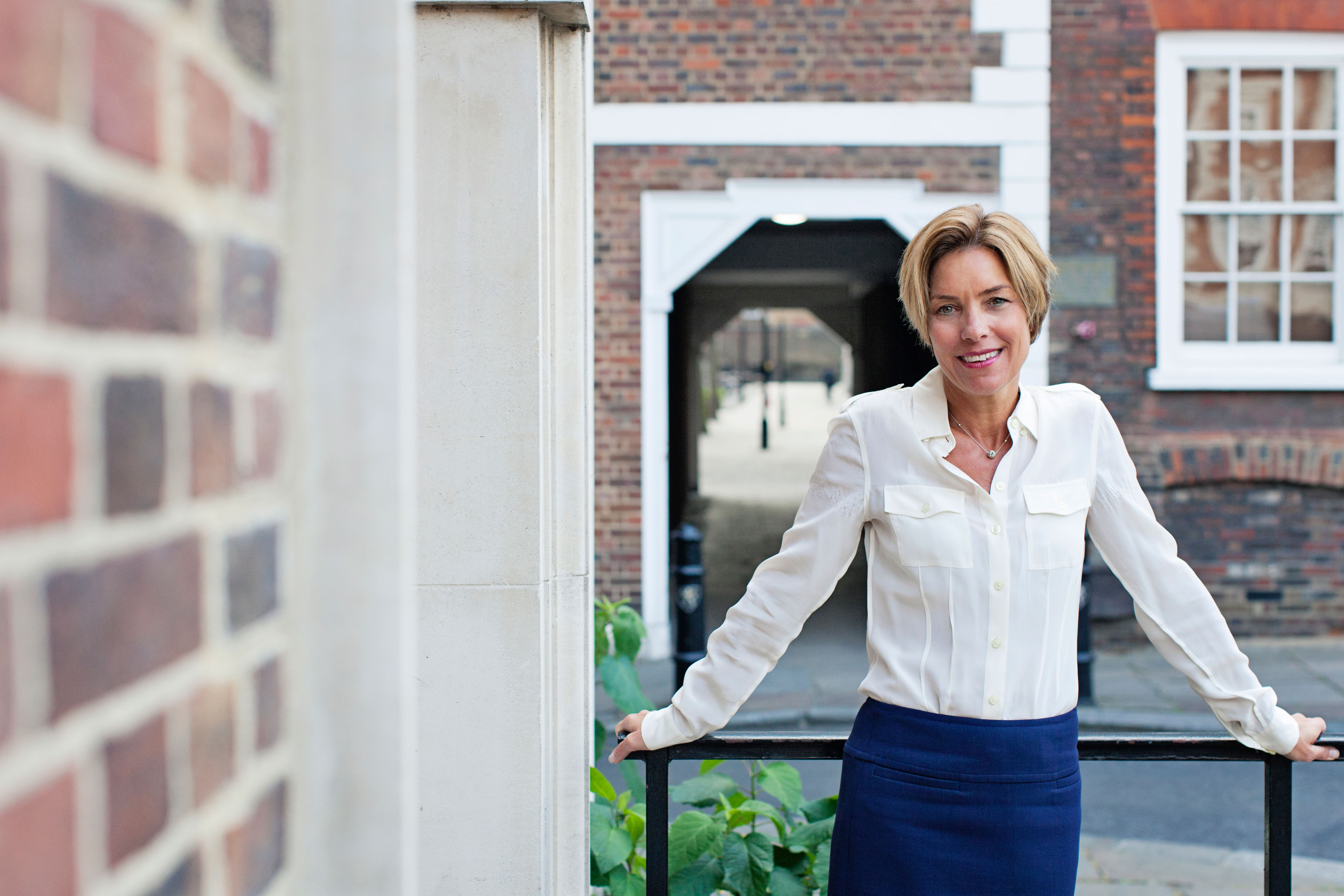Legal aid was removed for 80% of family law cases following the Legal Aid Sentencing and Punishment of Offenders Act back in 2013. This means that less people have been able to access legal advice for free in family law cases even where they have no money.
Victims of domestic abuse can still secure legal aid provided they can fulfil specific criteria but, for a lot of people, they have been left facing the bleak prospect of having to consider the options open to them without the benefit of proper legal advice because they are concerned about its cost.
It is a sad irony that it is often because people cannot access initial, sensible legal advice from a qualified and regulated lawyer that their legal problems can actually escalate and the ultimate solutions be much harder to achieve and more costly than might otherwise be the case.
Going to court is almost always stressful and very rarely provides the most effective solution for family law issues, especially those concerning children, however the removal of early advice has led to more people feeling that this is their only option as a consequence of which the courts have become clogged with litigants in person increasingly assisted by unqualified, unregulated lay friends trying to navigate a complex and ever changing set of procedures, rules and regulations in circumstances where Judges and court staff are overworked and not able to double as case managers. The result is an increase in costs, chaos and worse outcomes for families.
The simple solution is to reinstate legal aid for everybody financially eligible in the first instance with a view to ensuring that some very basic legal advice is available from qualified representatives right at the beginning of the case.
Where people aren’t financially eligible, many qualified solicitors provide an initial fixed fee consultation helping clients who are able to pay to understand the best solution for them and their families.
I recently appeared on Radio 5 live and BBC WM to discuss the suggestion that unqualified and unregulated friends could navigate clients through the family law process and that lawyers were unnecessary for this purpose. As you would expect, I have grave concerns about the use of unqualified, unregulated representatives within the family law field.
The law is complicated and even apparently straightforward cases turn complex. The difficulty is that the lay person doesn’t know what they don’t know. Spotting legal pitfalls and problems depends on understanding the law and how it applies to the individual facts of the case. The law itself is based on both statute and previous case law. Applying that statue or case law to the case and assessing the relevant strengths of the arguments so as to take a pragmatic view on how best to take the case forward is a complex piece of work for which lawyers train for many years.
There is a very real risk that a lay friend might fail to make good arguments, pursue cases which should not have been brought in the first place, or lose cases that should have been won. Where that happens the client would have no redress because unqualified lay friends are unregulated and uninsured.
Whilst I understand completely why somebody would wish for support going through a stressful court process, I am concerned that people are being asked to pay for the support of unqualified friends who cannot provide the expertise they need. This particularly concerns me where cases involve complexity such as domestic abuse, risk relating to children or any complexity in relation to financial cases.
There are very many free services providing support to litigants going through the court process. Most are clear that they do not provide legal advice and the vast majority are free.
Solicitors are extremely good at providing sensible, up front legal advice which serves to try to avoid court proceedings and enable people to reach a dignified and collaborative solution to many of their legal problems. Firms, such as my own who are committed to access to justice for the individual often provide discounted rates for those less able to pay and cost-effective consultations with free initial discussion.
To listen to the interview : https://www.bbc.co.uk/sounds/play/p06x5z0w

Jenny is an award-winning family lawyer, committed to accessible justice and the rights of the individual. She is an entrepreneurial business leader, successful in creating and running high performing teams.
Contact Jenny on Jenny.Beck@Beckfitzgerald.co.uk
